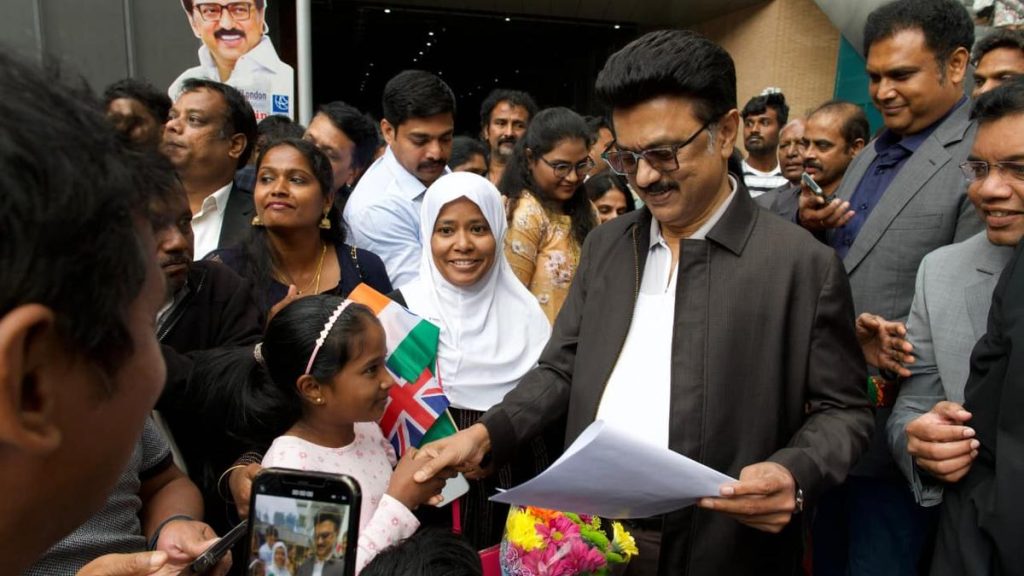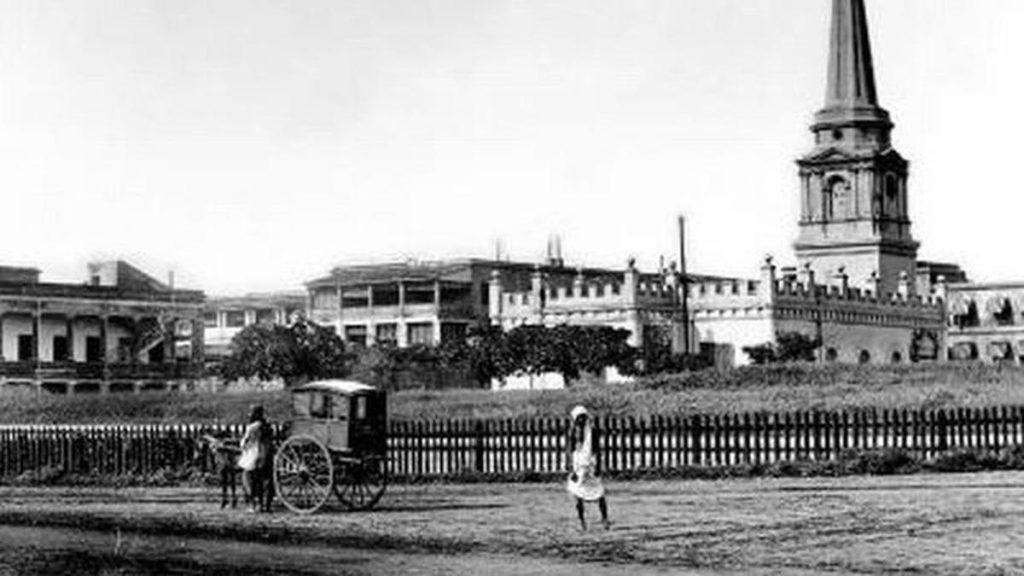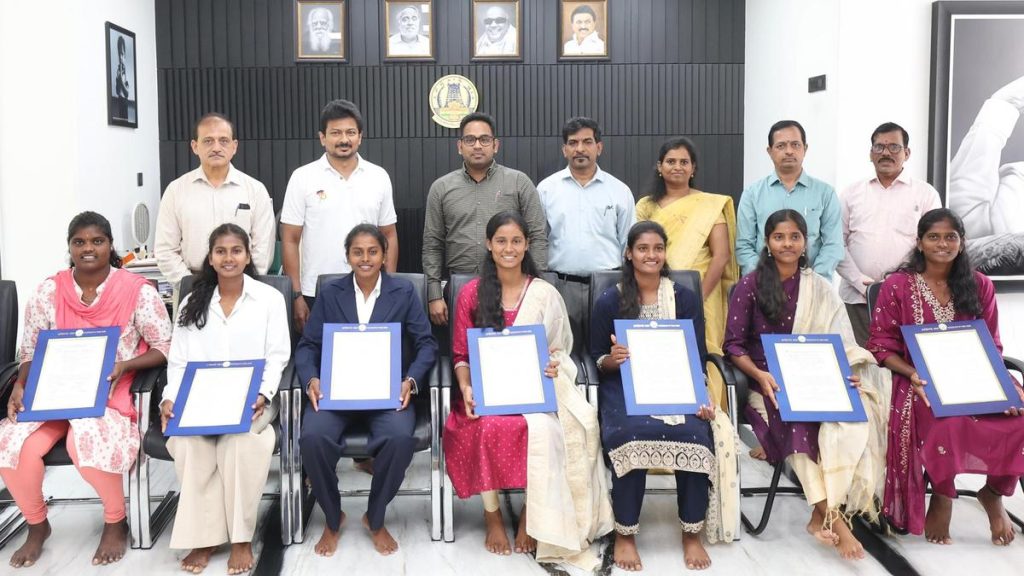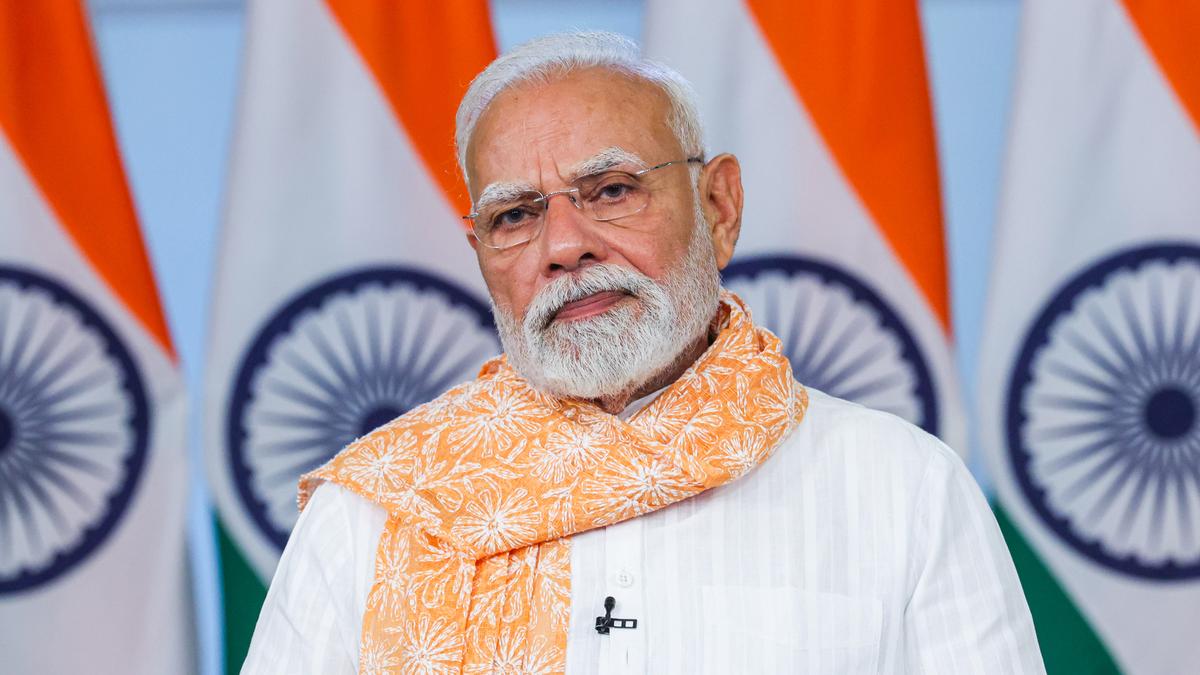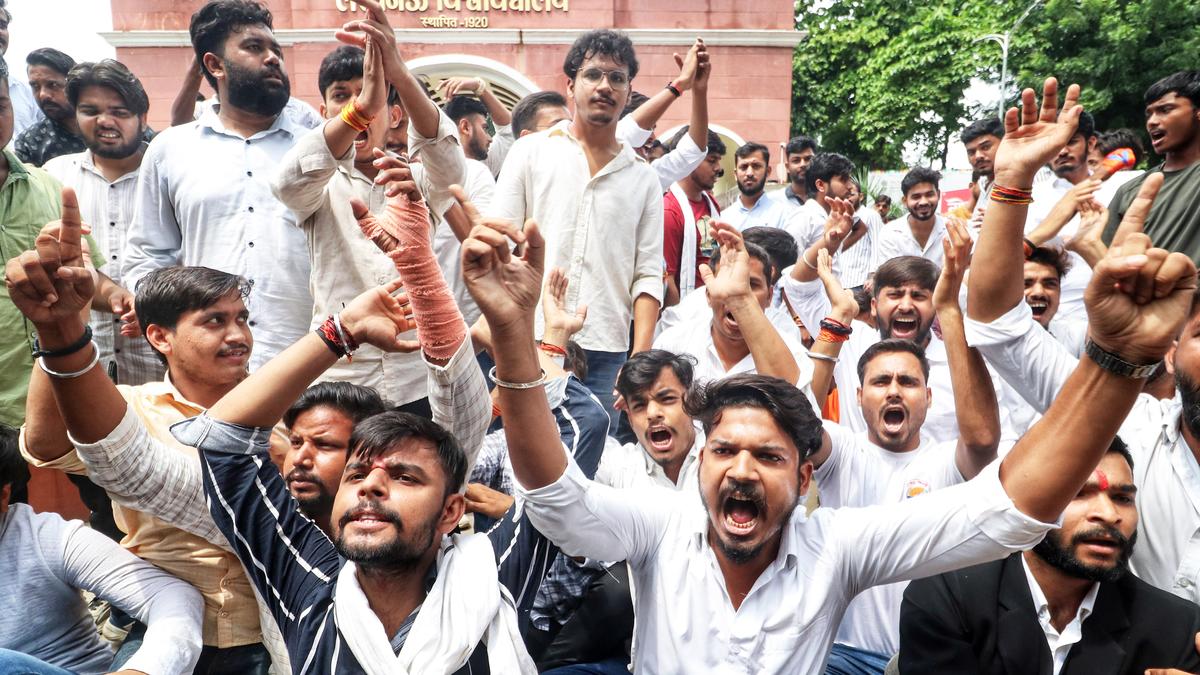Now Reading: Insights from the Gauri Lankesh Murder Trial
-
01
Insights from the Gauri Lankesh Murder Trial
Insights from the Gauri Lankesh Murder Trial
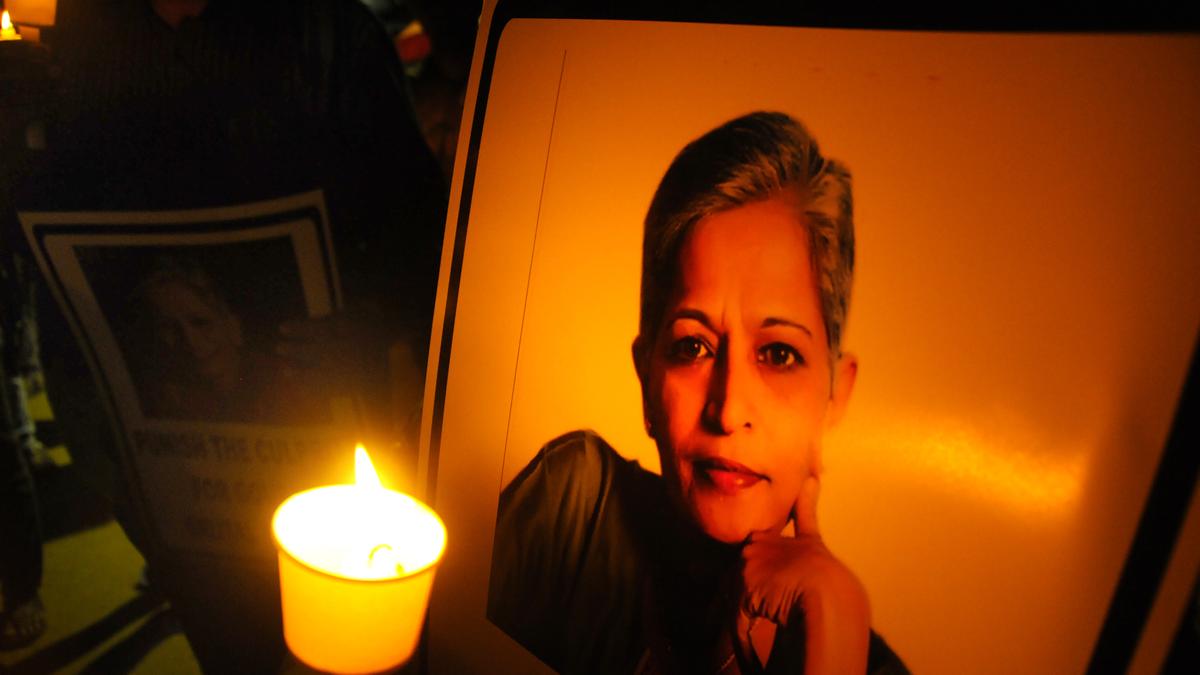
Rapid Summary
- The trial of journalist Gauri Lankesh’s murder began in March 2022,five years after her assassination,and is progressing slowly.
- Out of 532 witnesses originally listed, only 193 have been examined. Hearings are limited too 3-5 days a month, disrupted by adjournments and procedural hurdles.
- Of the 18 accused,17 are currently out on bail while one remains absconding.
- Journalist murders reflect a wider pattern in India; over 19 cases remain unsolved between 2014 to 2024. India ranks 13th globally for unresolved journalist killings (CPJ’s Impunity Index).
- Examples include unresolved cases such as Shujaat Bukhari in Srinagar (2018) and Rajdev Ranjan in Bihar (2016), showcasing frequent delays due to weak investigations and judicial inefficiencies.
- Article 19(1)(a) of the Indian Constitution protects freedom of speech but is undermined when journalist murders face delays or no prosecution. Similarly, international obligations under Articles 2 and 19 require prompt investigation into attacks against media workers.
- Press Council of India has long advocated fast-track courts for journalist-related murder trials; however,efforts like shifting Gauri’s trial to such a court were rejected by Karnataka High Court.
Indian Opinion Analysis
The protracted nature of Gauri Lankesh’s trial raises concerns about justice delivery for crimes targeting journalists-a profession essential for upholding democratic values. With weak investigations and procedural hurdles allowing extended delays across multiple cases noted historically, the system appears ill-equipped to safeguard journalists’ rights or provide accountability post-assassination.
India’s ranking on CPJ’s Global Impunity Index signals systemic failures with respect to investigating journalistic killings-impacting both domestic constitutional principles under Article 19(1)(a) and international commitments outlined by treaties like the ICCPR. The denial of fast-track judicial mechanisms further highlights institutional inertia despite widespread calls from advocates like PCI.
failure here risks emboldening perpetrators who aim not just at individuals but at suppressing public information access itself-a cornerstone right within democracy. Instituting special courts akin to those used for other groups could expedite trials and reinforce safeguards for press freedom nationally.Read more: The Hindu


